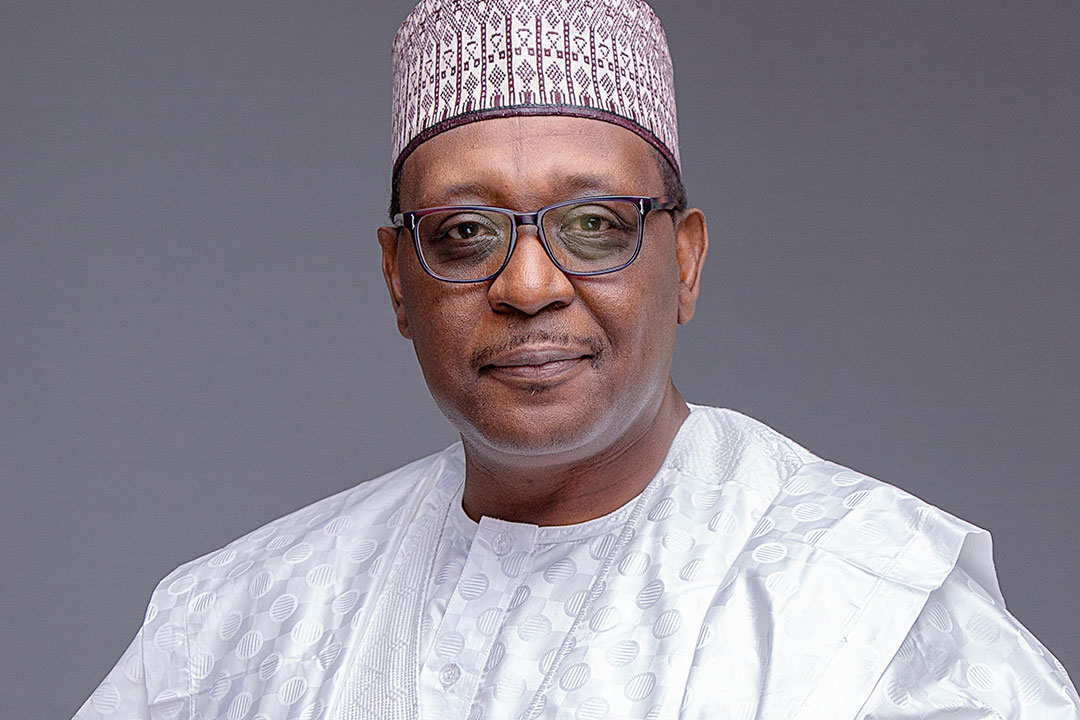The Registrar, Medical Laboratory Science Council of Nigeria (MLSCN), Dr Tosan Erhabor, has revealed that the council has registered 40,523 qualified medical laboratory scientists in Nigeria till date. He however noted that “out of the number, 15,358 are in good standing, currently having 2023 licence.”
He told the News Agency of Nigeria in an interview in Abuja that the council recommended to the Federal Government to make accreditation mandatory for better outcome of laboratory results.
MLSCN is a Federal Government regulatory agency established by Act 11 of 2003 as a parastatal of the Federal Ministry of Health, charged with the responsibility of regulating medical laboratory services through registration and licencing of medical laboratories and practitioners.
The Act also empowers the council to regulate the training of medical laboratory scientists, technicians and assistants, among others.
Christmas: Expect prosperity soon, Tinubu tells Nigerians
I didn’t invite Tinubu to intervene in Rivers Crisis – Wike
Erhabor described accreditation as an instrument of ensuring that service providers adhere to standards and generate quality results that are comparable, using international standard.
He added that “in driving facilities towards accreditation, the council came up with a policy that makes it mandatory for all medical laboratory facilities to implement quality management system as a condition to registration of facilities. This is to assure quality tests results and prepare them for accreditation.
“Furthermore, a recommendation has been made to the Federal Ministry of Health and Social Welfare to come up with a policy that makes accreditation mandatory for all tertiary health facilities.”
According to him, accreditation is voluntary for now.
He, however, explained that there was no accreditation without evidence of Quality Management System (QMS) implementation.
He said the council also granted accreditation to medical laboratories in line with ISO 15189, in accordance with the provisions of its statutory mandate as contained in Act 11, Cap M25, LFN (2004) to regulate medical laboratory practice and education in Nigeria.
He said the provision provided for the council to set up the MLSCN Laboratory Accreditation Service, which has attained an associate membership status with the International Laboratory Accreditation Corporation (ILAC).
“This is to give international recognition and acceptance to all facilities accredited by MLSCN,” Erhabor said.
The registrar said in addition to the training and certification of QMS mentors to prepare laboratories for accreditation, the council was also involved in advocacy.
He added, “We also embark on advocacy visits to both public and private medical laboratories to sensitise them to the benefits of accreditation and create incentives through special recognitions and conditional waivers for accredited facilities.
“So far, the council has granted ISO 15189 accreditation to 14 deserving medical laboratories in Nigeria, and has conducted more than 100 baseline assessments for facilities preparatory to accreditation.
“Also, MLSCN has approved 3,912 private medical laboratories across the country, inspected 1,908 medical laboratories. In a nutshell, accreditation of medical laboratories is work in progress and it will certainly get better. It is my belief that more medical laboratories will be accredited to ISO 15189 in the coming years.”

 Join Daily Trust WhatsApp Community For Quick Access To News and Happenings Around You.
Join Daily Trust WhatsApp Community For Quick Access To News and Happenings Around You.


